Understanding Charger Controller Solar Devices
Solar energy systems are increasingly becoming a staple in renewable energy solutions across the globe. Central to these systems is the charger controller solar device, a critical component that manages the flow of power from solar panels to the battery and the load. The charger controller ensures that the batteries are charged efficiently and prevents overcharging, which can significantly reduce battery life and performance.
Types of Solar Charge Controllers
There are primarily two types of solar charge controllers available: Maximum Power Point Tracking (MPPT) and Pulse Width Modulation (PWM). An MPPT solar regulator is designed to extract the maximum possible power from the solar panel by adjusting the electrical operating point of the modules or array. On the other hand, a PWM solar panel regulator maintains the battery's life by reducing the power applied to it as the battery gets closer to full charge.
Applications and Features
The application of solar battery controllers spans across various solar power systems, including residential, commercial, and industrial setups. These devices are not only limited to solar systems but can also be integrated into wind turbine systems as a wind turbine controller. Features of these controllers include comprehensive electronic protection, LED display indicators for charge status, and user-adjustable settings for system optimization.
Materials and Advantages
The construction of a solar charge regulator typically involves durable materials capable of withstanding environmental stressors, ensuring longevity and consistent performance. The advantages of using a sophisticated solar controller include improved battery health, increased system efficiency, and the facilitation of energy independence.
Choosing the Right Solar Charge Controller
Selecting the appropriate solar power controller is crucial for the optimization of any solar power system. Factors to consider include the type of batteries used, the total PV system voltage, and the maximum current the solar panels can produce. It is also essential to consider the controller's charging algorithm, whether MPPT or PWM, to match the specific needs of the system.
Environmental Impact and Sustainability
The integration of a charger controller solar device into a solar power system plays a significant role in promoting sustainability. By maximizing the efficiency of the solar panels and extending the battery's life, these controllers contribute to a reduction in waste and help maintain an eco-friendly energy solution.

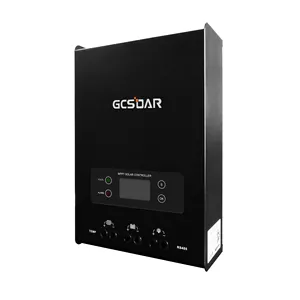

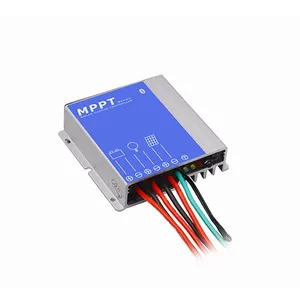






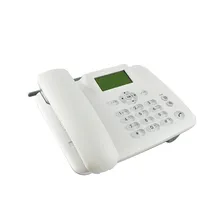

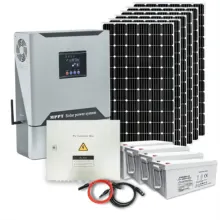
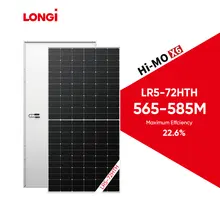




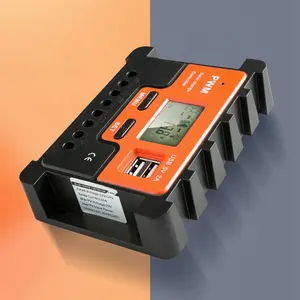
















 浙公网安备 33010002000092号
浙公网安备 33010002000092号 浙B2-20120091-4
浙B2-20120091-4